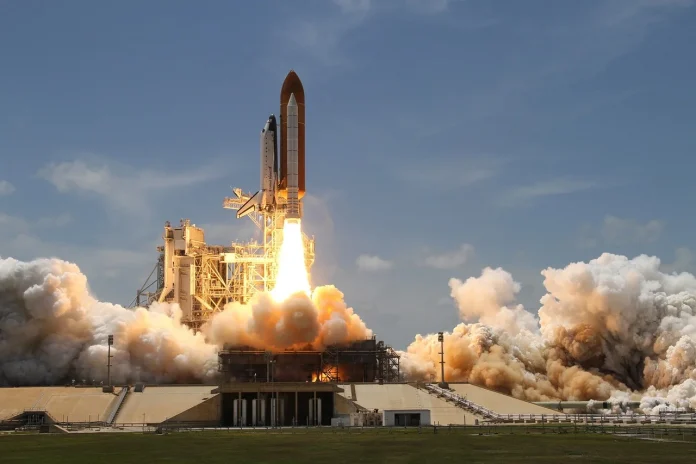Space facilities have always been a fascination for humanity. The idea of exploring the unknown and discovering new worlds has driven scientists and engineers to work tirelessly toward making space travel possible. Space facilities are not only important for scientific advancements, but they also provide opportunities for individuals to pursue careers that were once deemed impossible.
Working at a space facility can be an exciting and fulfilling career path. It offers the chance to collaborate with professionals from diverse backgrounds who share a common goal: expanding our understanding of the universe. In this article, we will explore the significance of space facilities and how they contribute to scientific research, as well as how pursuing a career in these fields can help you make your dreams of working in space a reality.
Aerospace Engineering: Design Spacecraft and Launch Vehicles
Aerospace engineering is a discipline that focuses on the design, development, and manufacturing of spacecraft and launch vehicles. After earning a master’s in aerospace engineering, aerospace engineers work on a wide range of projects that involve designing and testing various types of aircraft, such as airplanes, helicopters, rockets, satellites, and space vehicles.
This multidisciplinary field combines aspects of mechanical engineering, electrical engineering, physics, and materials science to create innovative solutions for the aerospace industry. One major responsibility of aerospace engineers is designing spacecraft that can withstand the harsh conditions of space travel. Engineers use advanced computer modeling software to simulate how their designs perform in different environments before building physical prototypes.
Astrobiology: Study Life in the Universe
Astrobiology is an exciting field of study that delves into the possibilities of life in the universe. It is a discipline that combines biology, chemistry, astronomy, and geology to explore the origins and evolution of life beyond Earth. Astrobiologists search for answers to fundamental questions such as: Does life exist beyond our planet? How did it begin? And how can we detect it?
If you are passionate about space exploration and want to be part of a team dedicated to discovering new worlds and possibly even extraterrestrial life forms, then astrobiology may be your career path. With advancements in technology, space facilities are looking for highly qualified individuals with expertise in astrobiology to help them unlock the secrets of our universe.
Remote Sensing: Collect Data from Satellites and Other Instruments
Remote sensing is a fascinating field that allows individuals to collect and analyze data from satellites and other instruments. With the rise of technology, remote sensing has become an increasingly important tool in understanding our planet’s environment and natural resources. This field offers excellent opportunities for those looking for a career that enables them to work at space facilities.
As a remote sensing specialist, you will be responsible for designing, developing, and operating instruments to collect data from space. You may also be tasked with analyzing the data collected by these instruments to make informed decisions about how best to use them. In addition to this, you will need strong analytical skills as well as experience working with satellite data analysis tools such as ENVI or ERDAS.
Space Medicine: Ensure the Health of Astronauts and Space Travelers
Space medicine is a fascinating and rapidly growing field that focuses on the health of astronauts and space travelers. Space medicine experts are responsible for ensuring that astronauts remain healthy throughout their missions by developing preventative measures, monitoring their vital signs, and providing medical care when necessary.
If you are interested in pursuing a career in space medicine, there are many exciting opportunities available to you. You may be able to work at space facilities such as NASA’s Johnson Space Center or SpaceX’s headquarters, where you will have the chance to collaborate with scientists, engineers, and other professionals who are dedicated to advancing human exploration of space.


